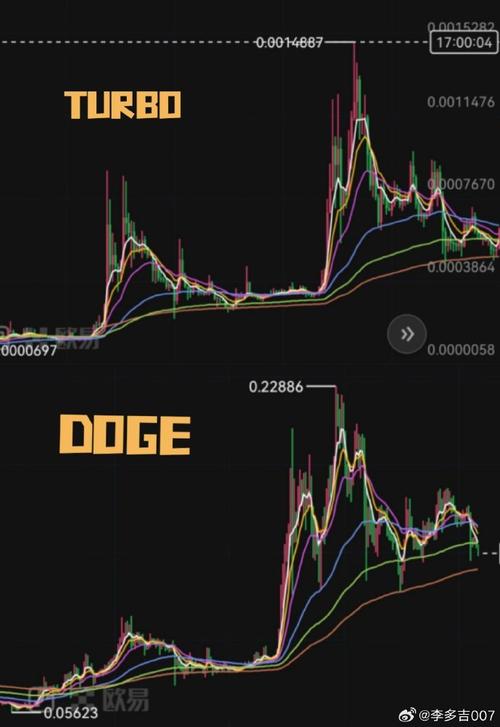
Does It Cost to Convert ETH to BTC?
Converting Ethereum (ETH) to Bitcoin (BTC) is a common practice among cryptocurrency enthusiasts and investors. Whether you’re looking to diversify your portfolio or simply exchange one cryptocurrency for another, it’s important to understand the costs involved. In this detailed guide, we’ll explore the various factors that contribute to the cost of converting ETH to BTC, including transaction fees, exchange rates, and additional expenses.
Transaction Fees
One of the most significant costs associated with converting ETH to BTC is the transaction fee. This fee is paid to the network for processing your transaction and ensuring its security. The amount of the fee can vary depending on the current network congestion and the blockchain you’re using.

For Ethereum, transaction fees are typically measured in gas, which is a unit of computational work required to execute a smart contract or transfer ETH. The price of gas is determined by supply and demand, and it can fluctuate significantly. As of the time of writing, the average gas price for a standard transaction is around 50-100 Gwei (Gwei is a smaller unit of Ethereum’s native currency, Ether). However, during times of high network congestion, the gas price can skyrocket to several hundred Gwei or more.
For Bitcoin, transaction fees are measured in satoshis (BTC’s smallest unit) per byte. The average transaction fee is usually around 50-100 satoshis per byte, but it can be higher during peak times.
| Cryptocurrency | Transaction Fee Unit | Average Transaction Fee | Peak Transaction Fee |
|---|---|---|---|
| Ethereum | Gas | 50-100 Gwei | Several hundred Gwei |
| Bitcoin | Satoshis per byte | 50-100 satoshis | Higher during peak times |
Exchange Rates
In addition to transaction fees, the exchange rate between ETH and BTC is another crucial factor in determining the cost of your conversion. The exchange rate fluctuates constantly due to market demand and supply, as well as external factors such as economic news and regulatory changes.
When converting ETH to BTC, you’ll need to find a reliable exchange or service that offers competitive rates. Some popular options include Coinbase, Kraken, and Binance. It’s important to compare the rates offered by different platforms, as they can vary significantly. Additionally, some exchanges may charge a premium for their services, which can further impact the overall cost of your conversion.

Exchange Fees
In addition to transaction fees and exchange rates, many exchanges charge their own fees for facilitating the conversion process. These fees can vary depending on the platform and the amount of cryptocurrency you’re converting.
For example, Coinbase charges a flat fee of 1.49% for converting ETH to BTC, while Kraken charges a fee based on the trading volume. Binance, on the other hand, offers lower fees for high-volume traders but charges a higher percentage for smaller transactions.
Additional Expenses
Beyond transaction fees, exchange rates, and exchange fees, there may be other expenses to consider when converting ETH to BTC. These can include:
-
Withdrawal fees: Some exchanges charge a fee for withdrawing BTC from their platform.
-
Deposit fees: Some exchanges charge a fee for depositing ETH into their platform.
-
Network fees: When sending BTC to your wallet, you may need to pay a network fee to ensure the transaction is processed quickly.
It’s important to research these additional expenses and factor them into your overall cost of converting ETH to BTC.
Conclusion
Converting ETH to BTC involves several costs, including transaction fees, exchange rates, exchange fees, and additional expenses. By understanding these factors and comparing the rates and fees offered by different platforms, you can make an informed decision and minimize the overall cost of your conversion. Always remember to choose a reliable and secure exchange or service to ensure the safety of your cryptocurrency.




